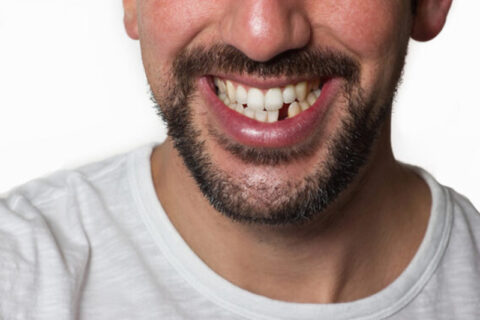Importance of Routine Dental Check-Ups- Alpharetta Dentist

Routine dental checkups are an important part of your overall health care regimen. Regular visits to your Alpharetta dentist are virtually the only way to ensure that you keep your teeth and gums health and stop tooth decay early when it begins, ensuring that you keep your pearly whites long into your golden years. In addition, medical research shows us more and more that good oral health is tied to good overall health, and vice versa. That means no more excuses, go see your Alpharetta dentist, Dr. Robert Woods. Reintroduce yourself if need be, but make those twice yearly visits for regular checkups and tooth cleanings.
So what actually happens at a routine dental checkup, anyway? Generally you will have a thorough oral exam and a tooth cleaning. Dr. Woods will examine your teeth and gums for signs of decay or disease and recommend necessary treatment. Dr. Woods will then apply a sealant to the chewing surfaces of some back teeth to prevent decay. Periodically X-rays of some or all of your teeth will be recommended, for which you will need to bite down on a small piece of plastic to align your teeth to the camera. This won’t be necessary at every checkup.
Depending on the severity of any decay that Dr. Woods finds and the length of your appointment, some corrective work may be done at the time of your appointment, or you may leave with another appointment scheduled and a “treatment plan” outlining what needs to be done. If you have major work coming up and you are prone to infections or have some pre-existing medical conditions that make it necessary, he may then prescribe antibiotics for you to take in the days or weeks leading up to your restorative dental work. This may be the case for you if you have certain types of “resident” infections or heart disease, or have a history of certain risk factors.
For the cleaning, your dental hygienist will begin by scraping all the hard nasty off of your teeth. This mineral buildup is called tartar. The hygienist uses a small metal tool to gently scrape away the yucky stuff. He or she then follows up by flossing and applying a polishing compound. This looks and feels like a glorified tooth brushing with a motorized toothbrush. If a fluoride treatment is requested or prescribed, then you will bite down on a tray filled with fluoride gel or paste for a few minutes to help prevent tooth decay. Finally you rinse and are done. Cleanings are generally not a painful experience and leave your teeth whiter and your mouth feeling fresher.
Part of maintenance is improving bad habits, so if you have some decay, expect that Dr. Woods and/or hygienist will talk to you about the foods you eat and your oral hygiene habits. They may discuss changing your diet, toothpaste, toothbrush, or even the way and/or how often you brush or floss in order to minimize further tooth decay and strengthen your teeth for the long haul. After all, these teeth are with you for life – we don’t grow new ones.
For additional information on your next professional dental cleaning, contact our specialists today. Our highly trained dental team is here to help assist you in any way we can. For convenience, feel free to schedule your appointment online or visit us in person today! If you are a New Patient, click here for additional details.


